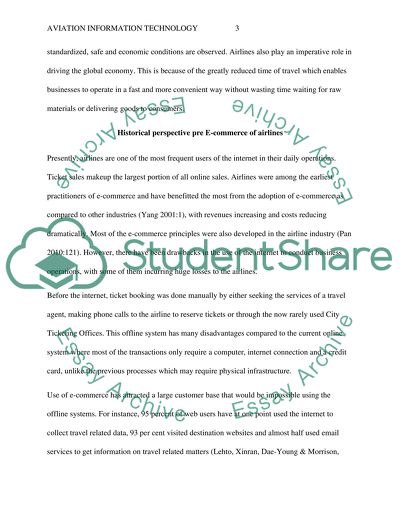Cite this document
(“Aviation Information Technology Essay Example | Topics and Well Written Essays - 1750 words”, n.d.)
Aviation Information Technology Essay Example | Topics and Well Written Essays - 1750 words. Retrieved from https://studentshare.org/e-commerce/1663127-aviation-information-technology
Aviation Information Technology Essay Example | Topics and Well Written Essays - 1750 words. Retrieved from https://studentshare.org/e-commerce/1663127-aviation-information-technology
(Aviation Information Technology Essay Example | Topics and Well Written Essays - 1750 Words)
Aviation Information Technology Essay Example | Topics and Well Written Essays - 1750 Words. https://studentshare.org/e-commerce/1663127-aviation-information-technology.
Aviation Information Technology Essay Example | Topics and Well Written Essays - 1750 Words. https://studentshare.org/e-commerce/1663127-aviation-information-technology.
“Aviation Information Technology Essay Example | Topics and Well Written Essays - 1750 Words”, n.d. https://studentshare.org/e-commerce/1663127-aviation-information-technology.


